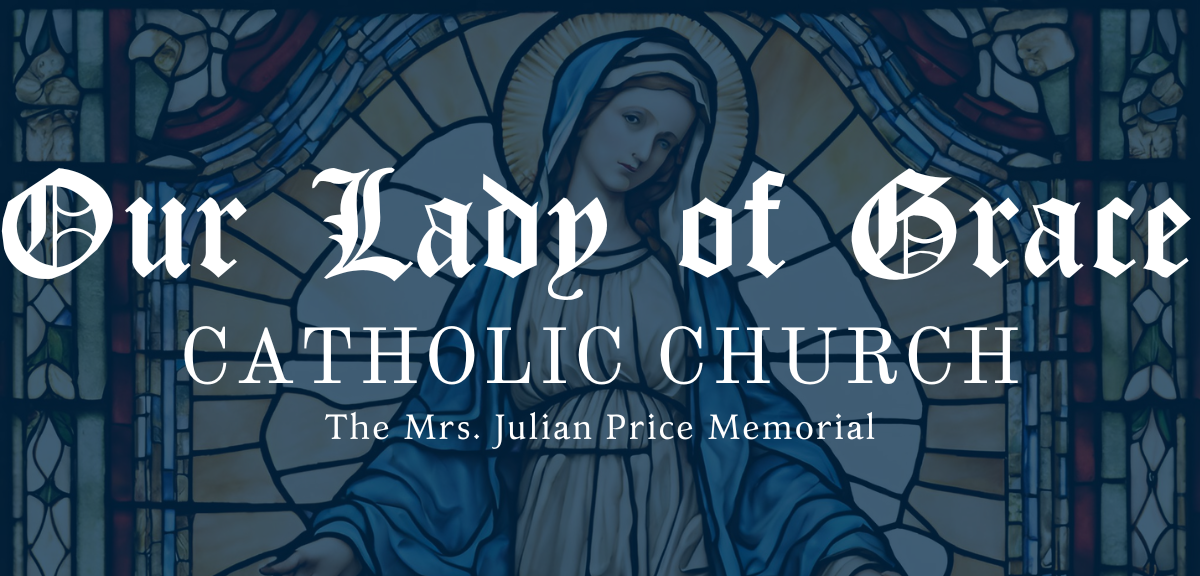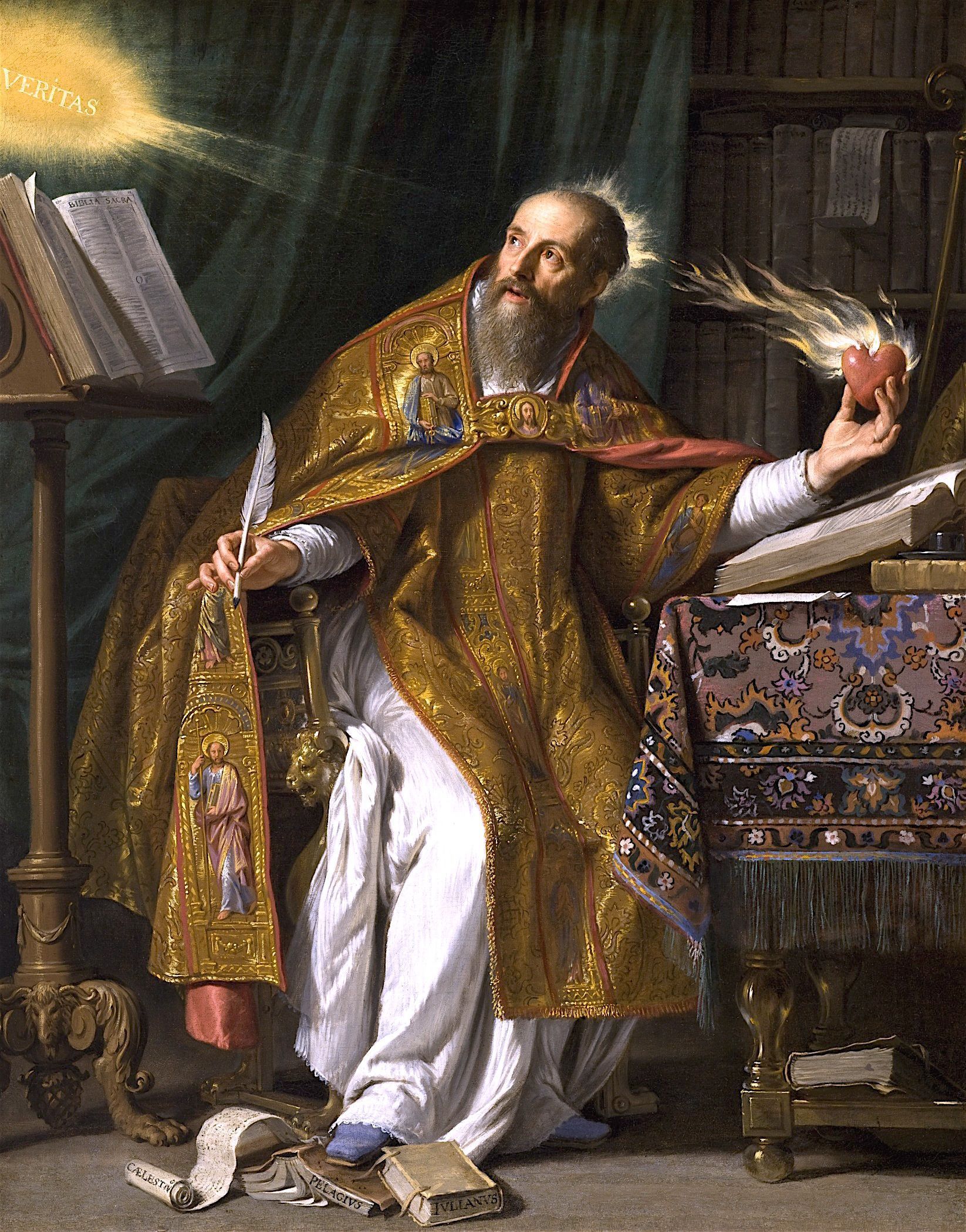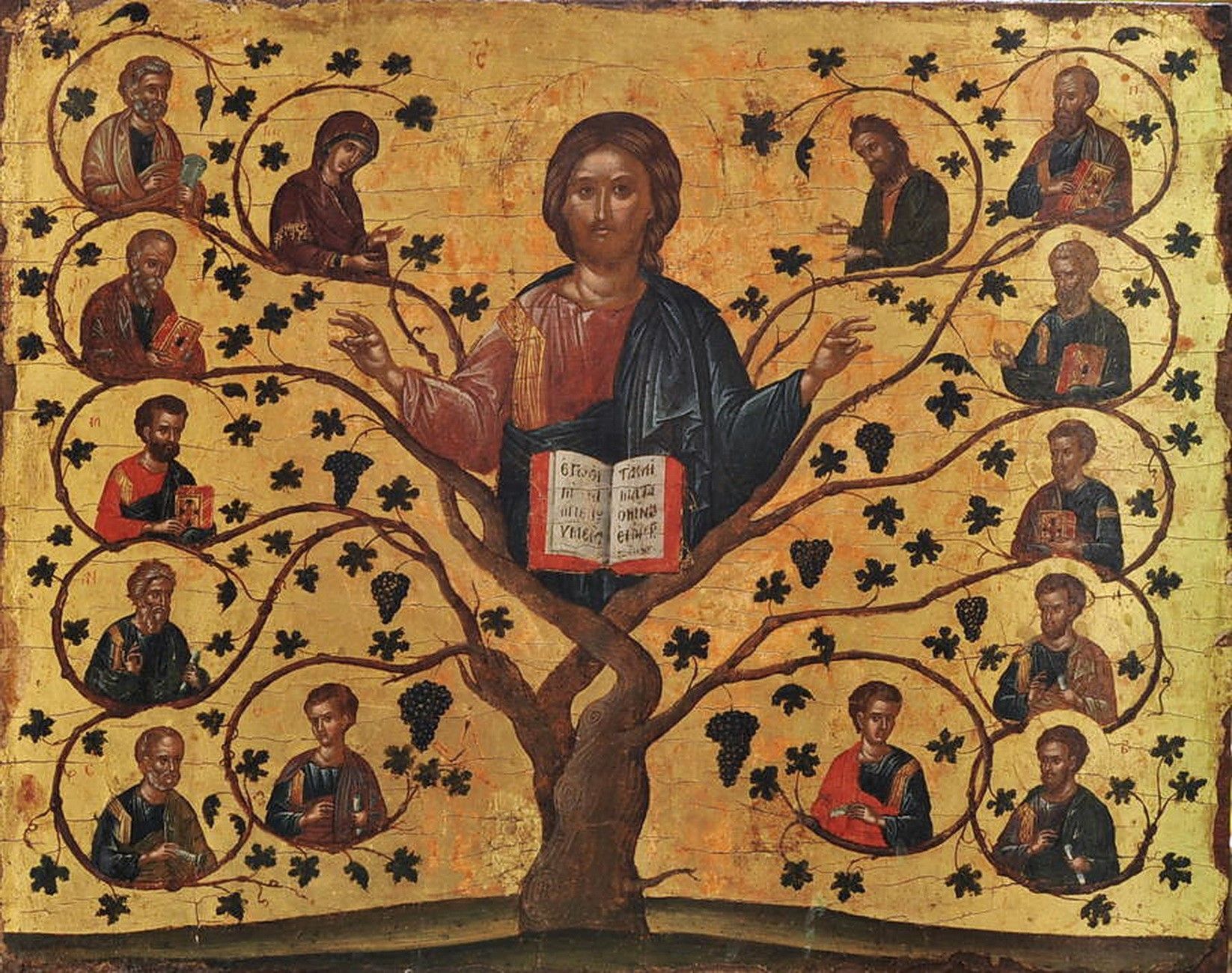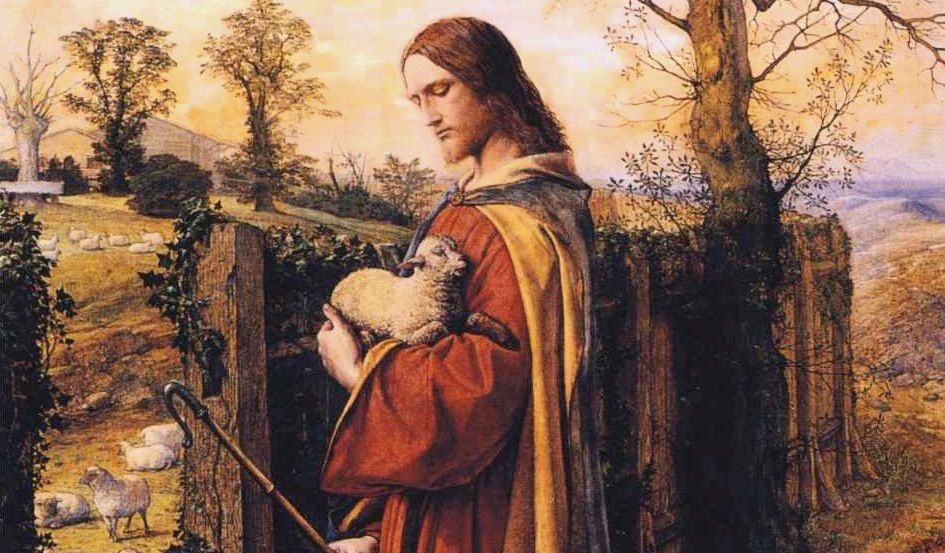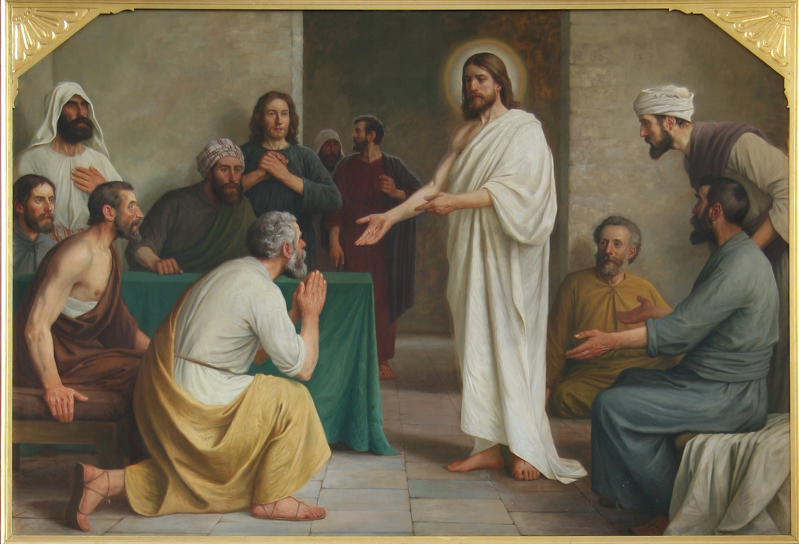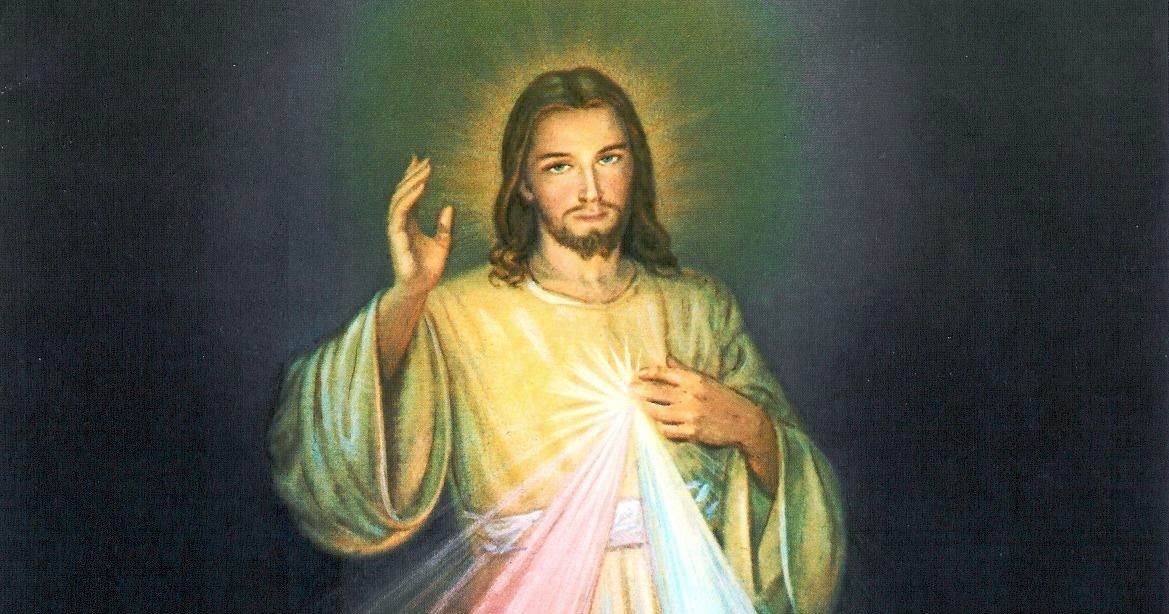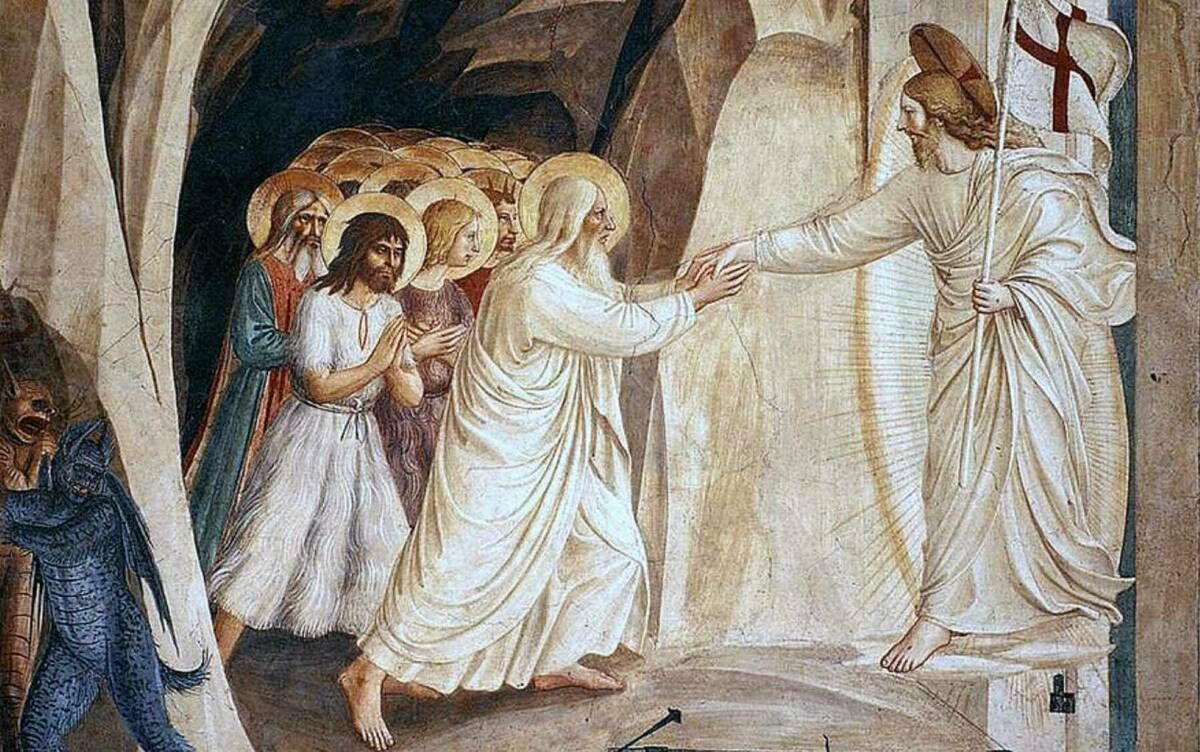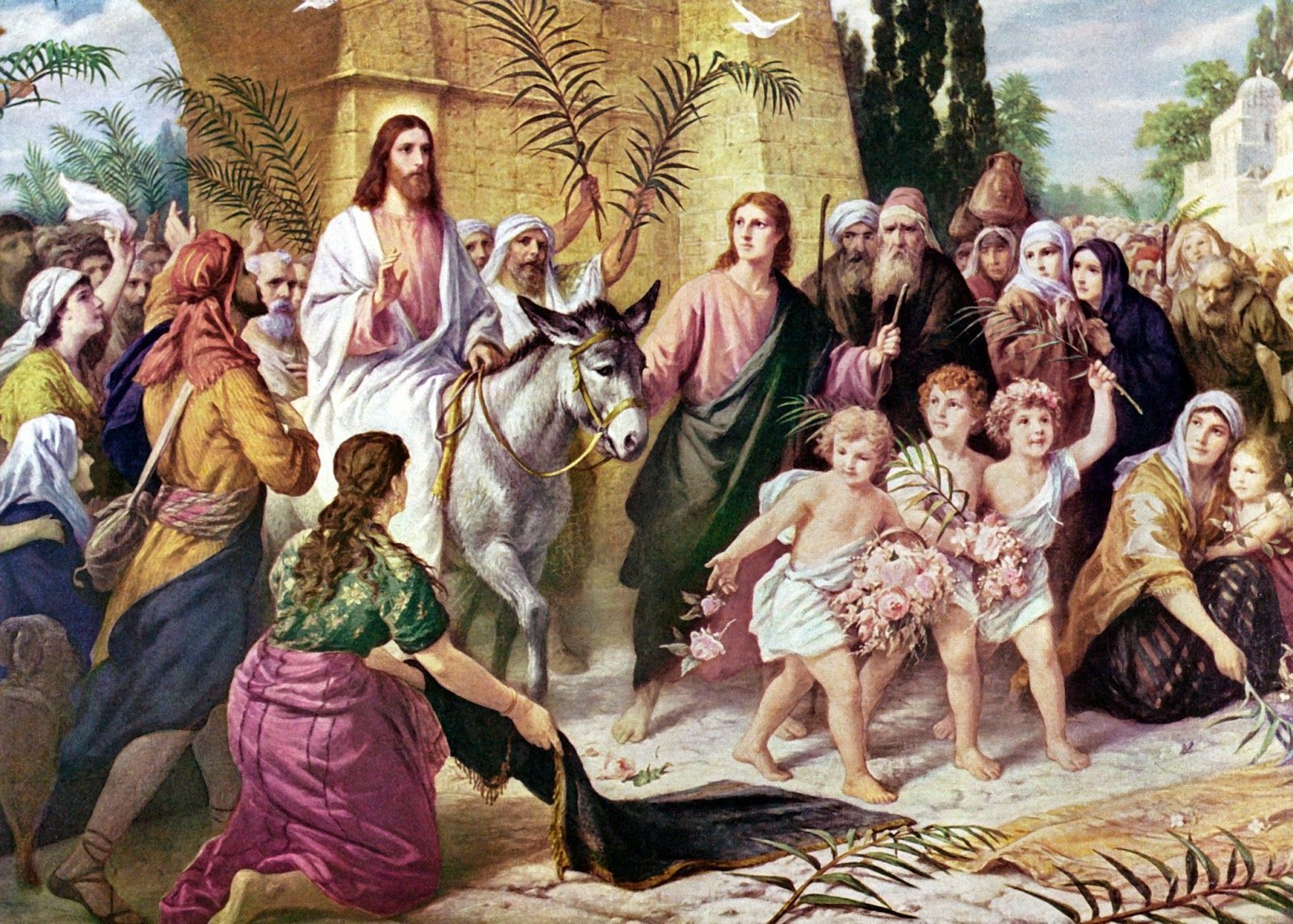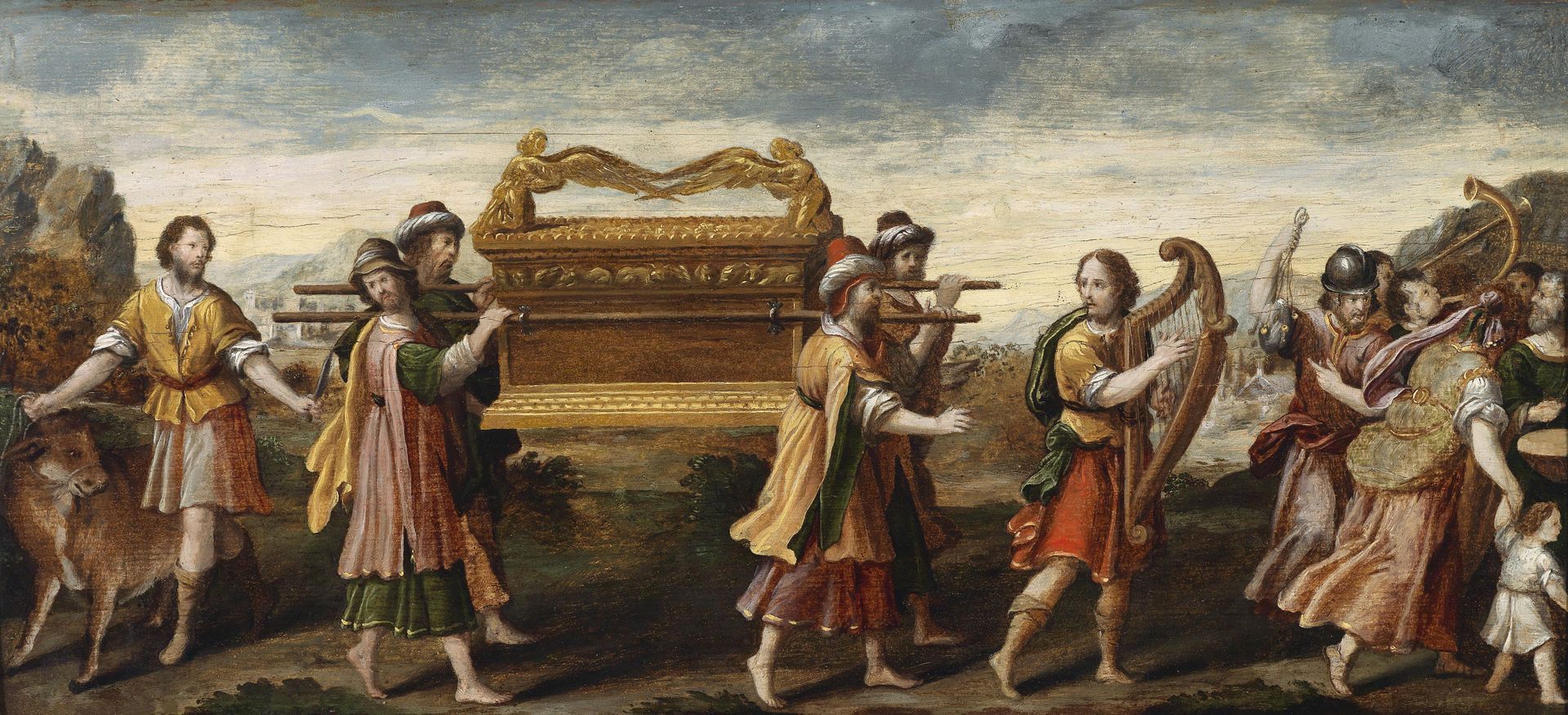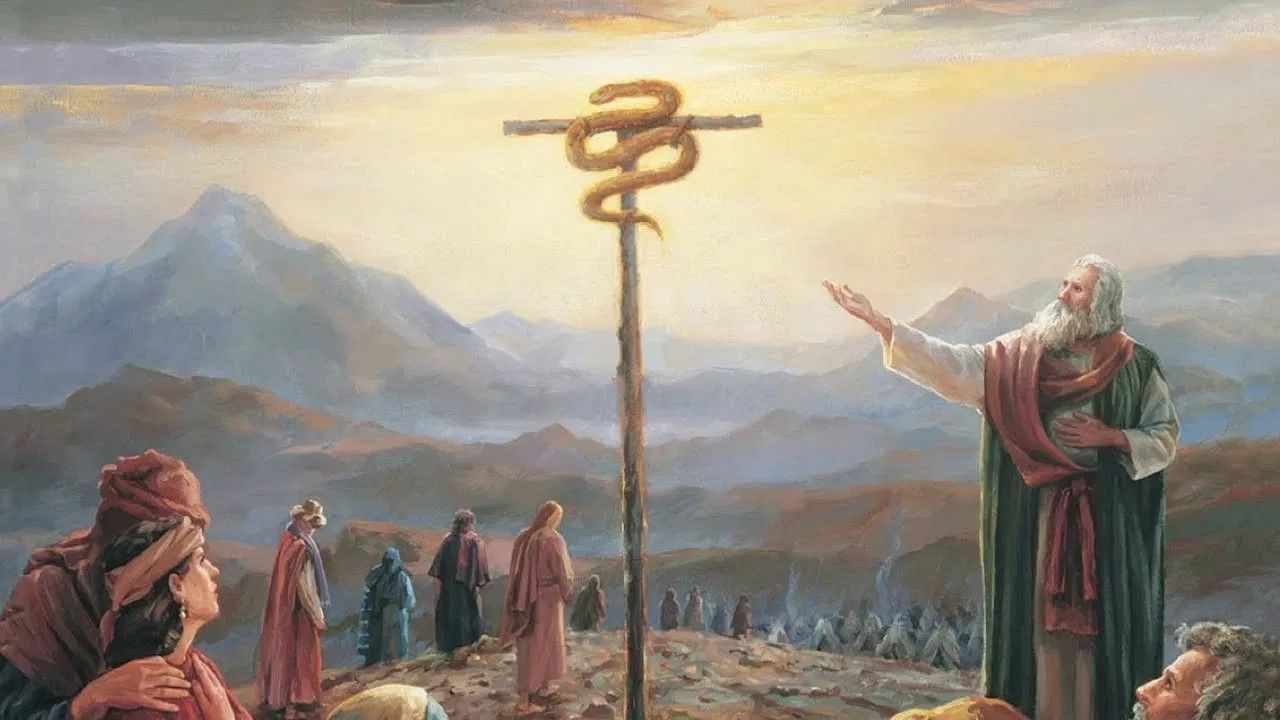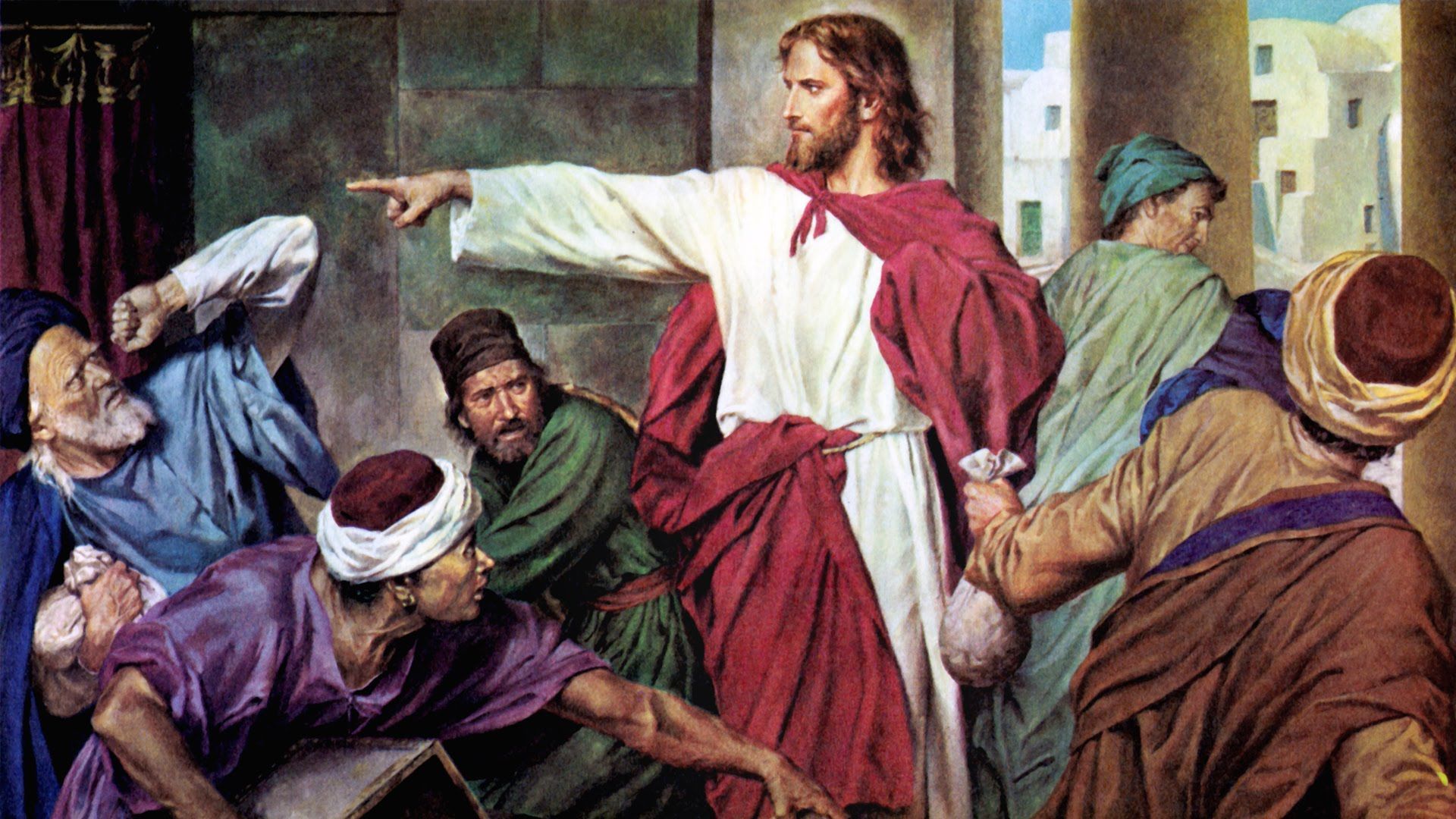Our Daily Bread
The super-essential Word and the Divine Essence
In the Gospel according to Saint Matthew Chapter six, Jesus teaches His Disciples how to pray, giving them what is known in Sacred Tradition as The Lord’s Prayer. One of the petitions in the Lord’s Prayer is for Our Father to “give us this day our daily bread” [Matthew 6:11]. The word translated “daily” in this passage is the Greek word epiousios. The same word is used by Saint Luke when he records this event in Luke 11.
Epiousios is a word pregnant with meaning, and, in many respects, daily is an insufficient translation. “Daily” seems to communicate asking the Father for food that is sufficient to nourish us simply for today. While this is a wonderful thing for which to pray, the meaning of epiousios goes far beyond food simply for the day.
Epiousios comes from the combination of two Greek words: Epi, which means “super” and ousia, which means “essence, nature, or substance.” Given this meaning, the Church suggests translating it as “super-essential.” The Catechism of the Catholic Church paragraph 2837 has this to say about epiousios.
“Taken literally (epi-ousios: “super-essential”) . . . refers directly to the Bread of Life, the Body of Christ, the ‘medicine of immortality,’ without which we have no life within us.”
Thus, the Catechism connects the “daily bread” for which we pray with the Eucharist, which is our “medicine of immortality”. It, the Body of Christ . . . Christ Himself, is the one thing we need, for it is in and through communion with Christ in the Eucharist that we have union with God. The Eucharist is “super-essential” because it cleanses us and affects our oneness with God and, as a result, our oneness with one another. God makes the bread of our oblation into the Body and Blood of Christ Himself, and by partaking of the Body and Blood of Christ we then become the Church, the Body of Christ on earth. God makes the Eucharist and the Eucharist makes the Church.
Interestingly, the word that the Gospel writers use to describe this Bread (ousia) was taken up by the Fathers at the Council of Nicea in their fight against Arianism. Named after its creator, Arius, Arianism taught Jesus Christ to be a created being. In other words, Jesus was not “True God of True God,” nor was He eternal. In Arius’s understanding there was a “time” when Jesus did not exist.
To combat this teaching, the Fathers of Nicea wrote the first two parts of what has become known as the Nicene-Constantinopolitan Creed. We recite this Creed at Mass, professing Jesus Christ to be “True God of True God . . . consubstantial with the Father.” Consubstantial is translated from two Greek words: homo (one) and the same word used to describe the Eucharist . . . ousia (essence, nature, or substance).
This is a profound connection. In the Lord’s prayer we ask for our “epi-ousia” (super-essential bread) and the Fathers of the Church have described the very oneness that Christ has with the Father as being “homo-ousia” (of one essence). Could this connection between the daily bread we need (epi-ousia) and Christ’s connection with the Father (homo-ousia) be simply a coincidence? Personally, I highly doubt it, for it is through our unity with Christ, affected by the “epi-ousia’ given to us by God that we become one with God, and this Oneness with God is only possible because of Christ’s “homo-ousia” with God the Father!
Praise be to God that the Fathers of the Council truly knew what they were doing when they fought against the Arian heresy. They were most certainly guided by the Holy Spirit as a Council, for if Christ is not God, then our salvation is not possible. It is only because Christ is one in nature/essence with the Father that He can unite us to God.
Originally published at Darrell's Thoughts and Reflections
Pax et Bonum
More PostsSacramental Emergencies
Call 336-790-1810
Contact info
2203 West Market Street, Greensboro, NC 27403-1515
336-274-6520
frontdesk@olgchurch.org
